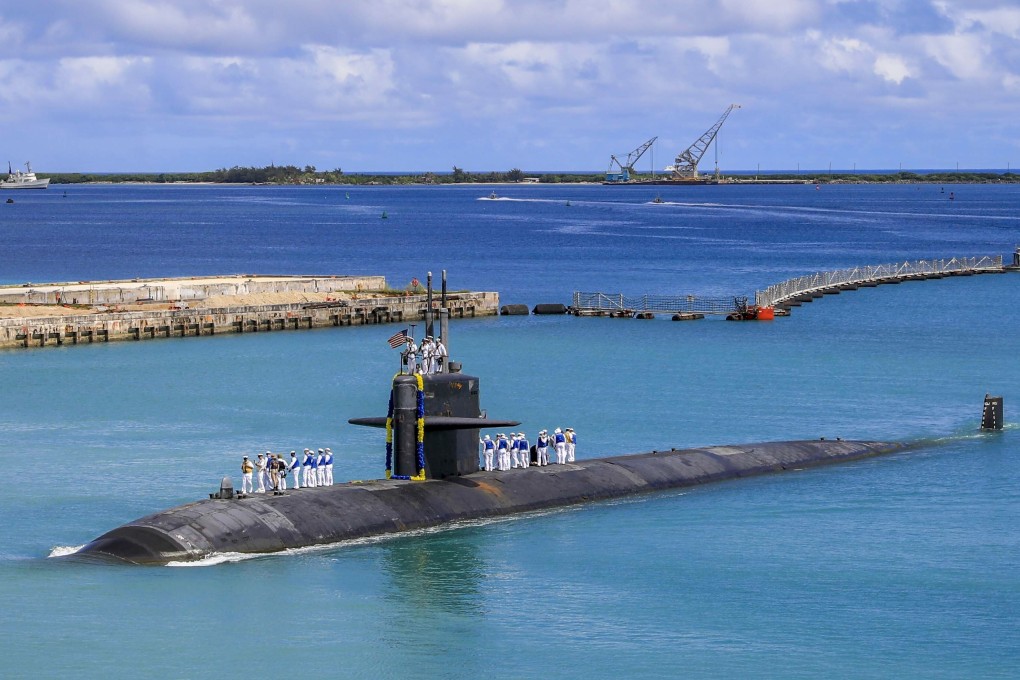Editorial | New Aukus alliance yet another threat to peace and stability
- American, British and Australian security defence pact aims to counter Beijing’s growing regional influence and strength, but is more likely to trigger an arms race

The mutual trust and cooperation essential for Australia to have good diplomatic relations with China have been all but dashed by its prime minister, Scott Morrison.
The deal means a sharing of technology that will enable Canberra to have its first nuclear-powered submarines and long-range Tomahawk cruise missiles and formally acknowledges a perceived Chinese military threat.
Ensuring peace, safety and stability in the Indo-Pacific were cited as the reason for the pact, although it could have the opposite effect; it is more likely to trigger an arms race and perturb some neighbouring countries.
Biden stressed the submarines would be nuclear-powered, not armed.
The partnership is momentous for Australia, amounting to the country’s most significant shift in defence and strategic direction for decades. Known as “Aukus”, the grouping seeks to strengthen the military capabilities of the three nations in the Indian and Pacific oceans region in the face of growing rivalry with Beijing.
